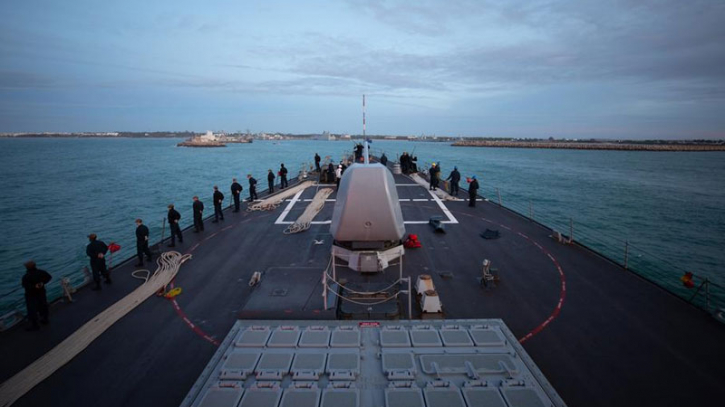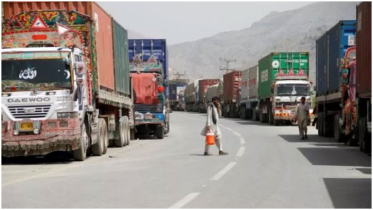China, Egypt pledge joint vigilance on Red Sea tensions

In a rapidly evolving geoeconomic landscape, China and Egypt have jointly expressed their resolution to closely monitor the Red Sea region's developments.
Their primary emphasis is guaranteeing the safety and security of navigation, given the area's pivotal role in global trade and regional stability.
This joint commitment reflects an ongoing collaboration between the two nations to safeguard peace in the Red Sea and, by implication, the broader Middle East region.
Addressing rising tensions
The joint statement, released on an unspecified Sunday, also underscores the increasing turmoil in the region.
The two countries explicitly spotlight the situation in Gaza, calling for a consolidated effort to cease assaults on the area.
This suggests a diplomatic initiative to address and possibly alleviate the ongoing conflict.
Concerns over the escalating tensions have been amplified in the light of US and UK airstrikes responding to Houthi attacks in the Red Sea.
Significance of the Red Sea
The Red Sea's significance as an international trade conduit for goods and energy cannot be overstated.
It serves as a crucial waterway for oil and fuel consignments, linking the Suez Canal in Egypt with the Gulf of Aden via the Bab al-Mandab Strait.
Around 12% of global trade normally passes through the Bab el-Mandeb Strait, the Red Sea entrance between southwest Yemen and Djibouti.
This maritime route's safety and free navigation are thus of paramount importance to both regional and global economies.
A collaborative stand for peace
The joint statement by Egypt and China signifies more than just a bilateral commitment.
It embodies a collective call to all relevant parties to maintain calm and exercise restraint amidst the rising tensions.
It is a global plea for peace, resonating from the heart of the Middle East to the world at large.
The statement rings especially loud against the backdrop of the increasing number of attacks carried out by the Houthis in the Red Sea since 19 November.
The Houthi rebels — part of the regional Tehran-aligned "axis of resistance" against the United States, Israel and their allies — seized Yemen's capital Sana'a in 2014 and now control large swaths of the country.
Houthis have launched a flurry of drone and missile attacks at Israel since the start of its war with Hamas on 7 October, but most have failed to reach their targets and many have been intercepted.
Since November, the rebels have also repeatedly targeted ships in the Red Sea, saying they were avenging Israel's offensive in Gaza against Hamas.
But they have frequently targeted vessels with no clear links to Israel, imperilling shipping in a key route for global trade and energy shipments when supply strains are already putting upward pressure on inflation globally.
The attacks led several major shipping companies to suspend use of the route.
The United States and the United Kingdom launched multiple airstrikes targeting Houthi rebels on Friday in response to the attacks, with an additional strike carried out Saturday by the US against a radar site controlled by the group.
The Houthis' military spokesman, Brigadier General Yahya Saree said in a recorded address that the strikes would "not go unanswered or unpunished."
.png)




